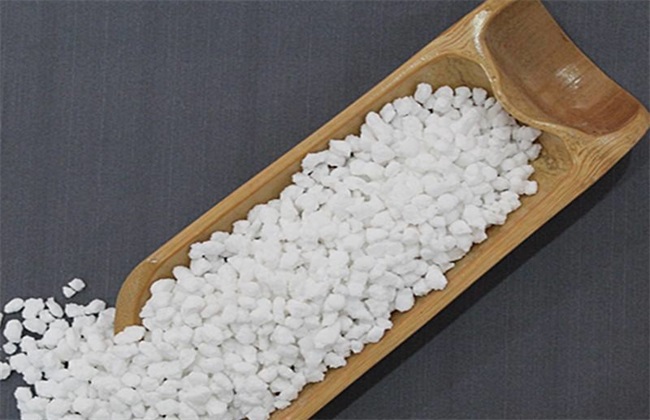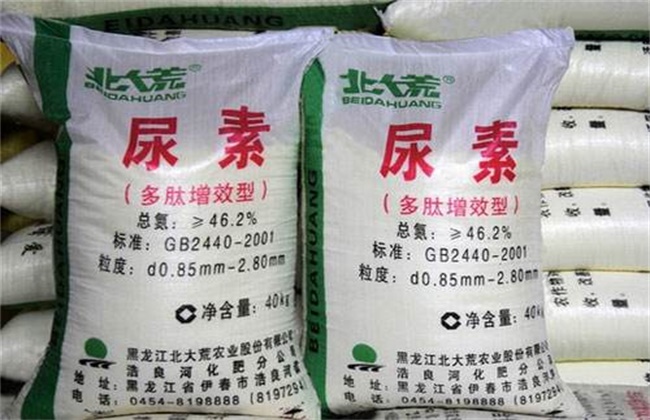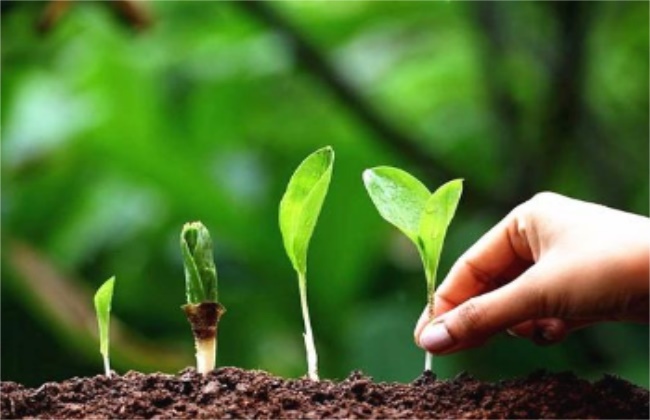Effect of Silicon on Plants
Fertilizing is one of the tasks that we must do well when planting plants. Silicon is also an indispensable nutrient element in the growth process of many crops, which is very important for the growth of many plants. Therefore, when we plant plants, we must pay attention to the application of silicon fertilizer. So what is the specific effect of silicon on plants? Today, the editor will give you a brief introduction. Let's take a look at it.

1. Enhance plant photosynthesis.
The primary effect of silicon on plants is to enhance their photosynthetic capacity. Improve the photosynthetic efficiency of plants, so as to improve the accumulation of nutrients in plants. If silicon is found in plant epidermis, it can make plants more erect. Reduce the angle between plant leaves and stems, so as to improve the utilization rate of light. And for rice and other food crops, silicon can also improve the glossiness of leaves. Prolonging the life of functional leaves for about a week can also increase grain weight, which is of great help to its yield.
2. Improve the root activity.
Silicon actually has the greatest effect on food crops such as rice. In particular, it can improve the activity of rice plant roots, promote root respiration and nutrient absorption. Silicon can increase the number of white roots in rice roots and prevent rice roots from reducing to various harmful substances such as hydrogen sulfide under anaerobic conditions, which have a serious impact on the growth of crops. Therefore, silicon is very helpful to the growth of crops such as rice.
3. Enhance the lodging resistance of crops.
As I just said, silicon is of great help to the strength of crop stalks, so it can effectively reduce crop lodging. Especially in the environment such as strong wind and heavy rain, the performance is more obvious. And it can also enhance the disease resistance of crops, such as rice can effectively reduce the incidence of rice blast, bacterial blight and other diseases. Reduce the damage of diseases and insect pests to crops, if the silicon element is insufficient, then the degree of silicification of plant cells is very low, it is very vulnerable to the invasion of bacteria, and the disease resistance of plants will be reduced.
4. Increase crop yield
Silicon is a very important nutrient element for most plants, and its response is very sensitive to vegetables, cotton and other crops. The demand for silicon fertilizer is also relatively large, reasonable application of appropriate amount of silicon fertilizer can effectively improve crop yield. Especially for rice, wheat and other gramineous food crops, the increase in yield is more obvious. Therefore, rational application of silicon fertilizer can not only improve crop yield, but also enhance crop quality, so we must pay more attention to it.
This is a brief introduction to the effect of silicon on plants. That's all for today's introduction. This article is for reference only. I hope it can be helpful to everyone.
Related
- Fuxing push coffee new agricultural production and marketing class: lack of small-scale processing plants
- Jujube rice field leisure farm deep ploughing Yilan for five years to create a space for organic food and play
- Nongyu Farm-A trial of organic papaya for brave women with advanced technology
- Four points for attention in the prevention and control of diseases and insect pests of edible fungi
- How to add nutrient solution to Edible Fungi
- Is there any good way to control edible fungus mites?
- Open Inoculation Technology of Edible Fungi
- Is there any clever way to use fertilizer for edible fungus in winter?
- What agents are used to kill the pathogens of edible fungi in the mushroom shed?
- Rapid drying of Edible Fungi



